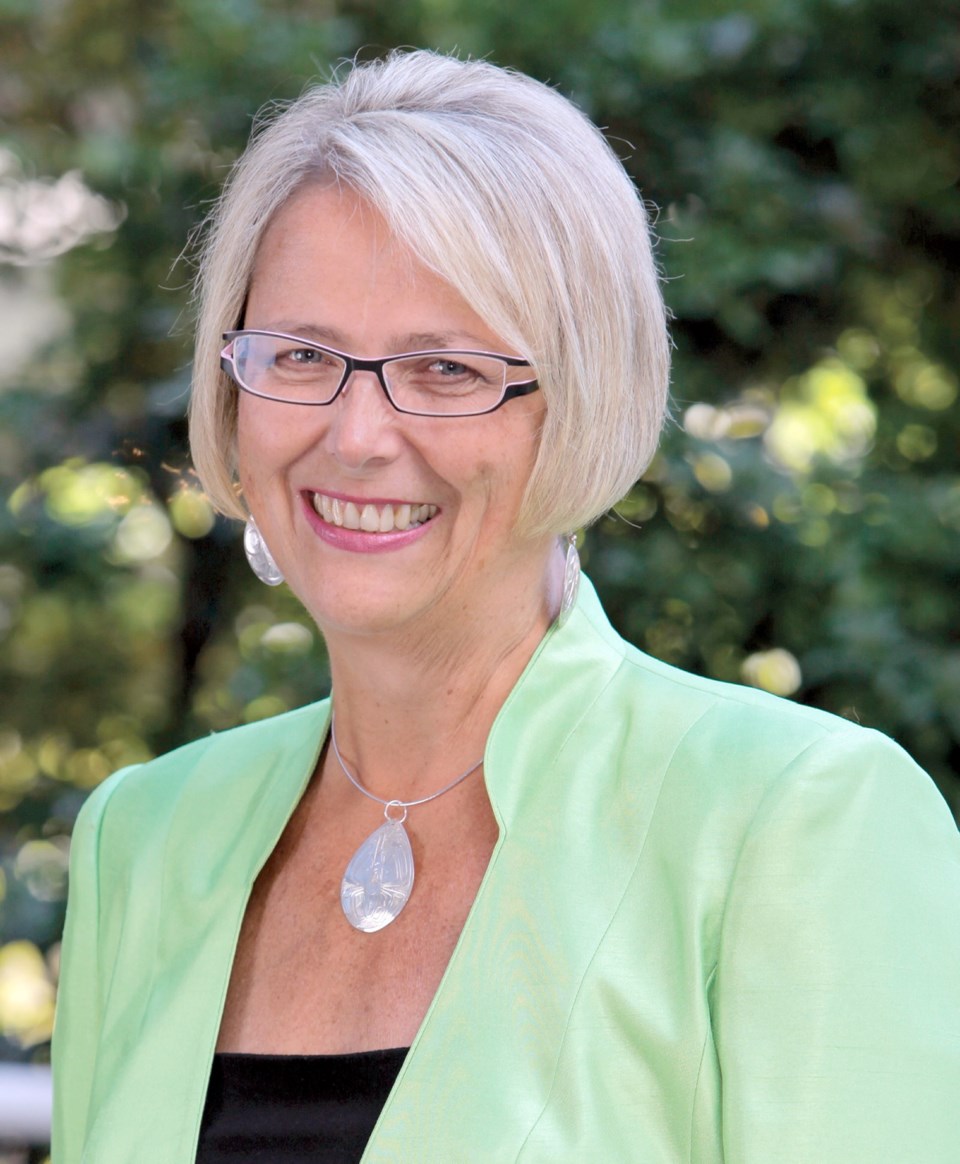B.C.’s Liberal government has no program to replace its abandoned 2010 and 2013 promises to provide a family doctor for every British Columbian who wanted one by 2015, NDP health critic Judy Darcy told the legislature.
Darcy questioned the province’s health minister, Terry Lake, on Tuesday on why the government no longer talks about attaching British Columbians to family doctors — or at least an alternative primary-care goal with a measurable target.
“It would appear we went from a clear commitment in 2010, and then repeated in 2013, that every British Columbian that wanted one would have a family doctor by 2015,” Darcy said in the legislature. “And clearly the numbers have gotten worse, not better.
“Then, sometime last year, the minister began speaking in response to questions about this in terms of this being an aspirational goal rather than a firm goal,” Darcy said. “Now we’ve gone from it being a hard goal to aspirational goal to it not appearing at all.”
In 2010, when the B.C. Liberal government first made its promise, there were 615,000 residents in the province without a family doctor, and of those 176,000 actively searching for one. By 2014, the number had increased to about 700,000 with 200,000 actively looking.
The varied reasons cited for the doctor shortage include increasing physician retirements, population growth, too few training spaces and stringent rules for the licensing of foreign doctors.
In addition, there are new family doctors who want to work fewer hours — at walk-in clinics, or as locums or part-time — or who would rather work in hospitals or as specialists.
If resident doctors do choose family practice, they are caring for an aging population living longer, treating more complex and chronic illnesses, and they are catering to a more demanding population.
The government has funded retention, training and recruitment programs while increasing incentives, for example, for doctors to absorb more chronic patients or work in underserved rural areas.
In 2009, there were 117 physicians per 100,000 people in B.C. That increased to 125 per 100,000 in 2014.
“With the style of practice that occurs today, it means that you need more physicians to cover the same number of hours than we did in the past,” Lake said.
It seems counter-intuitive, said Lake, “the fact that there are more doctors than ever in B.C. and, in fact, in Canada, and that we are finding that the access to physicians is still a challenge.”
Darcy said the NDP appreciates access to primary care is about more than family doctors, but there’s nothing in the Health Ministry’s 2015 mandate letter and service plan setting measurable targets for attaching more residents to nurse practitioners or primary team-based care, either.
“Is the minister really not setting, in place of the old goal, a new goal that he can measure, that British Columbians can measure and hold the minister accountable for, about attachment to primary care in any form?” Darcy asked.
The government’s service plan and strategic policy framework now talks about patients being attached to a primary care home where a patient’s record can be accessed by a team of service providers, rather than just a family physician.
“That is the goal, in many cases, to provide primary care,” Lake said.
Darcy said the government had been criticized by B.C.’s auditor general for not creating clear metrics to assess the success of the GP For Me program, and now after abandoning it has nothing measurable to replace it.
“To replace a very specific performance measure with a general strategy or a general objective — those are two very different things,” Darcy said.
Lake said the government doesn’t have performance measures, but is monitoring the progress of several initiatives of the GP for Me program still ongoing.



